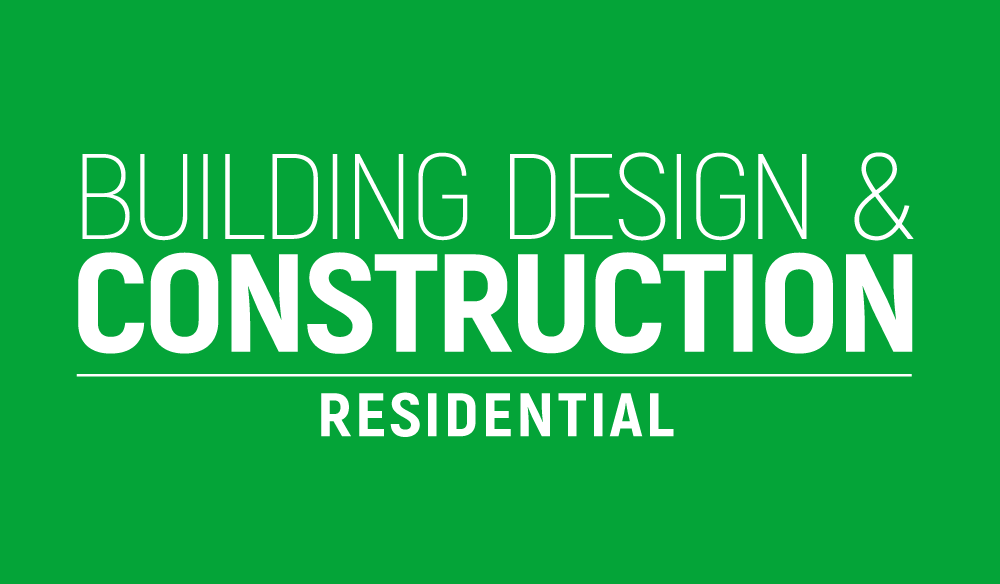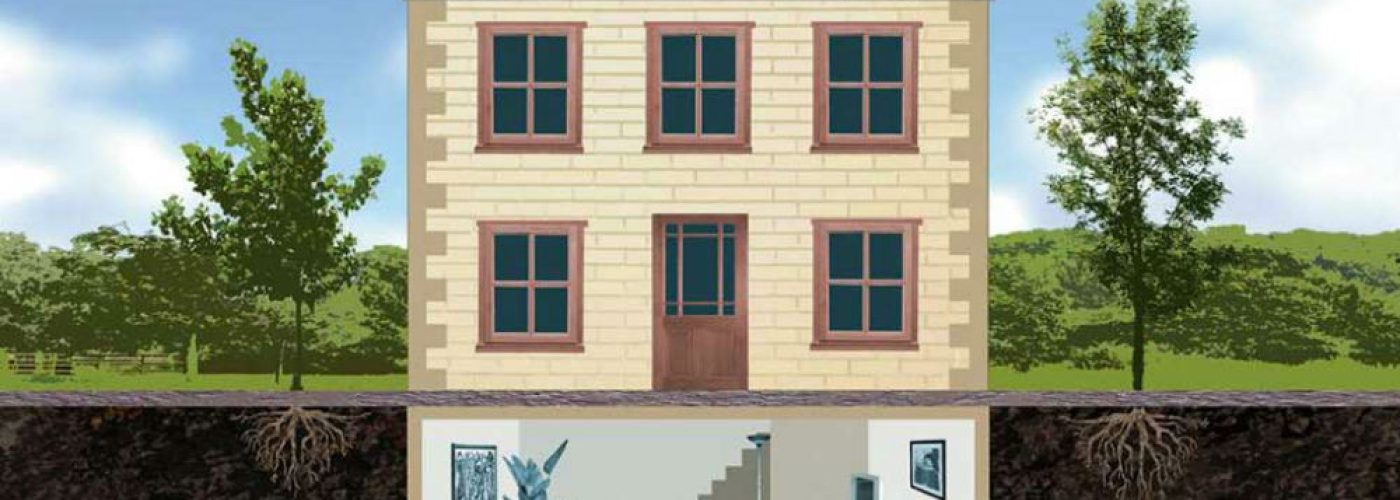Basement extensions become a hot topic over the last decade, especially in London where homeowners with no space to extend their property traditionally were looking for alternative options. Lacking space on the ground can be a problem for any property owner, and it has been common for loft extensions to be used, or extra storeys to be added.
But building upwards can create challenges with stability, and may even difficulties getting permission from neighbours. Basement extensions offer a potential solution to some of those problems. In 2020, however, are they still a sensible option if you are looking to add space to your property?
One trend that seems to be falling by the wayside is that of the so-called ‘iceberg home’ – properties with enormous multi-level basement extensions that dwarf the size of the house on the surface level. And there seems to be less demand for basement extensions generally, with applications for basements extensions falling by 27% since last year.
But just because the basement extension isn’t right for everyone doesn’t mean that it’s not right for you. Not all basement extensions need to be gigantic mansion-style structures and it may be the case that you could actually see a lot of benefits from an underground extension to your home for better use of the space.
Here we take a look at whether you should get a basement extension in 2020.

Adding value to your property
When it comes to adding value to your home, putting in an extension is always considered one of the most valuable things you can do. It speaks to reason that larger properties tend to sell for more money. However, it can get a little complicated trying to calculate exactly what kind of difference a basement extension could make.
Some experts have suggested that return on investment could be at around 1.3% – however, this can depend very much on the worth of your property per square metre, as well as what you actually use the space for. So, there is no guarantee that you would see a return on investment on the costs that you put in to build the extension.
How much do basement extensions cost?
The cost of a basement extension can vary on a number of factors, but it has been suggested that a cost of around £4,000 (plus VAT) per square metre is a fairly typical figure. Naturally, this number could rise if you are looking to add a particularly high specification extension.
This is another issue that can affect the overall return on investment of your extension. Adding a basement can only have so much value, so don’t believe that unlimited spending will see unlimited value added. It simply won’t work that way.

Pixabay
The legal and planning requirements
You may find that the planning regulations regarding basement extensions are not as stringent as if you were completing an over ground extension, however, there are still rules and regulations you need to follow. These will depend on where you are based and you should look into the matter with your local council.
It should be noted that there are some issues that you may not have even considered. For example, if you are extending an existing basement which already has a joining wall with a neighbour’s property – you can easily fall foul of party wall regulations when you attempt to extend. It’s a great idea to talk the project through with experienced basement extension providers to discuss exactly what regulations you will need to deal with.
But there are challenges…
Building a base extension naturally comes with a number of challenges that anyone considering doing should be aware of. There are engineering challenges with going very deep – especially with regards to how you can successfully excavate under a building. There are even stories of JCBs having to be buried in the foundations as there is no way to recover them after the digging has been completed.
It is also essential to do a great deal of structural engineering work to understand how your excavation will impact sewers, pipes, and more. Ultimately, homeowners may decide that this level of detail and complexity is too much for their extension.





